In the process of reforming Education and Training in recent years, allowing many sets of textbooks to coexist has created competition, encouraged creativity and innovation in teaching methods. However, in practice, implementation has also given rise to many shortcomings.
For example, students in different localities use books with different content and presentation for the same subject. Teachers need time to adjust the teaching methods of each set of books. In particular, the situation of constantly changing books not only wastes social resources but also reduces the inheritance and stability in the learning process.
In that context, General Secretary To Lam 's suggestion to research and develop a unified set of textbooks nationwide is considered an important orientation to ensure consistency, fairness and savings for education.
This is not only a professional solution, but also a strategic step, contributing to improving the quality of teaching and learning, while creating consensus in the whole society. This policy has quickly received attention and support from teachers and educational administrators in many localities.
Mr. Vo Hoai Nhan Trung - Principal of Nguyen Dinh Chieu High School ( Dong Thap province) said that this policy is completely necessary and timely. "A unified set of textbooks will avoid waste and at the same time be inherited and used for many subsequent school years. This will save social resources and help teachers and students stabilize the teaching and learning process," Mr. Trung shared.
According to Mr. Vo Hoai Nhan Trung, the new set of books needs to ensure knowledge standards, be compiled openly and transparently, mobilize the participation of experts, and have widespread social criticism. Along with that, synchronous implementation and training of teaching methods for teachers so that the set of books brings the highest efficiency in practice.
Mr. Trung also suggested not to completely eliminate the current book series but to distill the advantages and integrate them into a unified series. “Other book series can become a type of reference book, helping to avoid waste and re-use the intelligence and effort spent in the process of compiling the book series,” Mr. Trung emphasized.
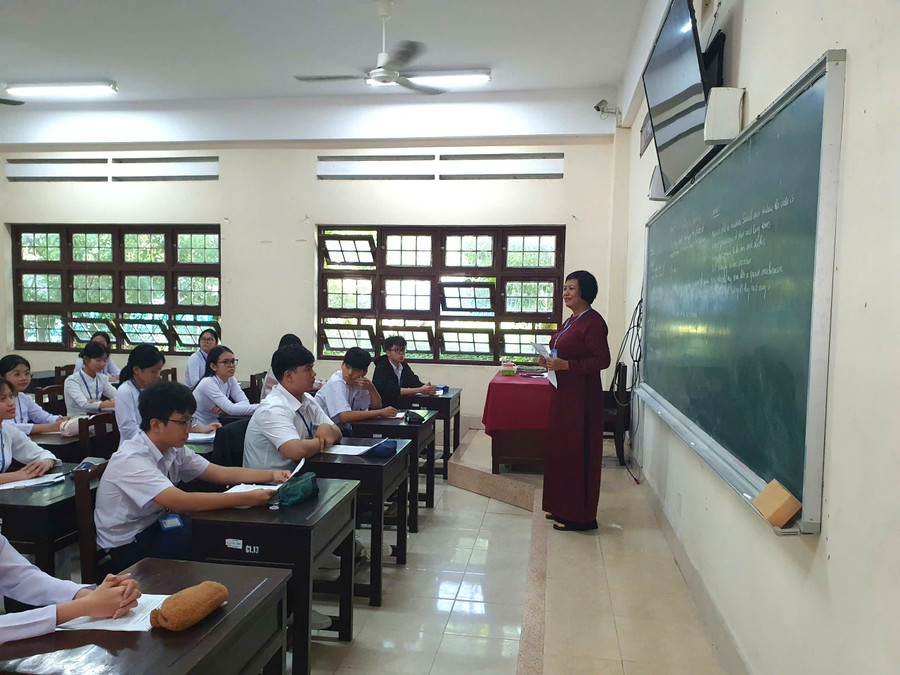
Discussing the policy of a unified set of textbooks nationwide, Mr. Le Quang Tri - Director of the Department of Education and Training of Dong Thap province emphasized that implementing this policy will help improve quality and at the same time reduce costs for society.
According to Mr. Le Quang Tri, if implemented in accordance with the Party's direction and submitted to the Government and the National Assembly for consideration and approval by resolution, the unification of a set of textbooks will create broad consensus among the people.
“The expectation is that the new set of books will be of better quality and at a reasonable cost. In recent years, the Department has often encouraged teachers and students from schools in the area to keep old books for the following years. For students in difficult circumstances, this is very meaningful,” Mr. Le Quang Tri shared.
The policy of a unified set of textbooks not only solves the problem of saving and efficiency, but also aims at a synchronous education system nationwide. If carefully prepared, this policy will be a necessary step, contributing to improving the quality of education in the new period.
According to Resolution 71 dated August 22, 2025 of the Politburo, it requires reviewing the general education program, moving towards ensuring a unified set of textbooks nationwide, striving to provide free books to all students by 2030.
Previously, since 2020, the new general education program has been implemented according to the policy of "one program, many textbooks" of Resolution 88/2014 of the National Assembly. This policy aims to end the monopoly on publishing and encourage socialized compilation. Each subject can have one or more textbooks; the Provincial People's Committee decides to choose the textbooks for stable use in the locality.
Source: https://giaoducthoidai.vn/ky-vong-dong-bo-hieu-qua-tu-chu-truong-mot-bo-sgk-thong-nhat-tren-toan-quoc-post748122.html








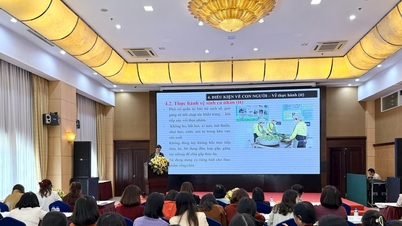

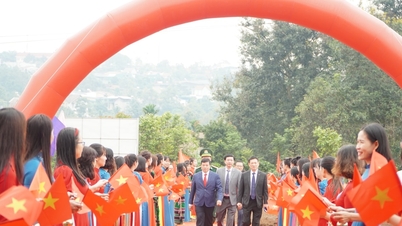
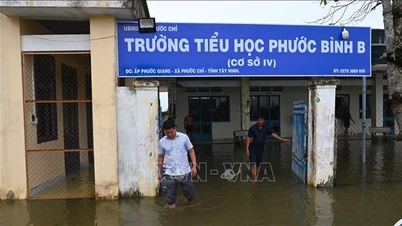



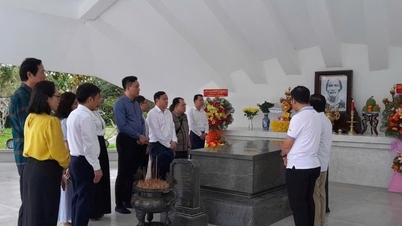



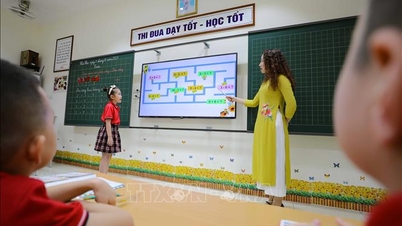


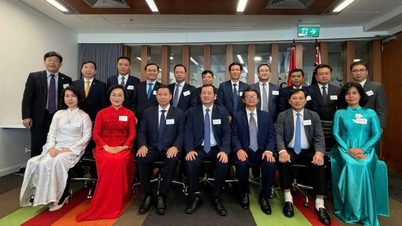
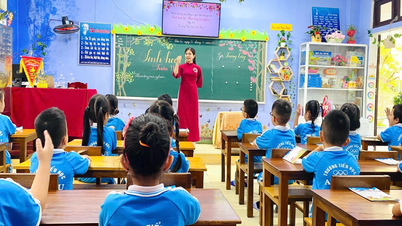
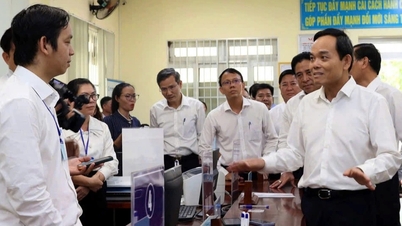
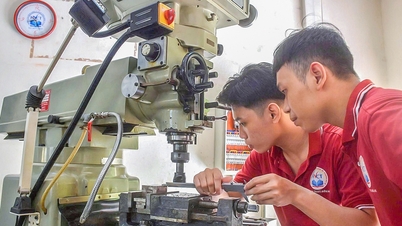






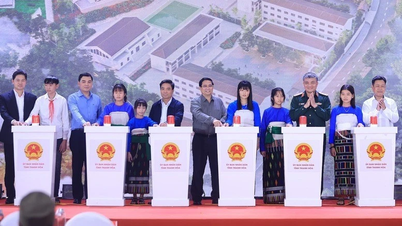


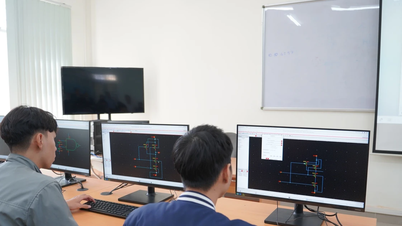































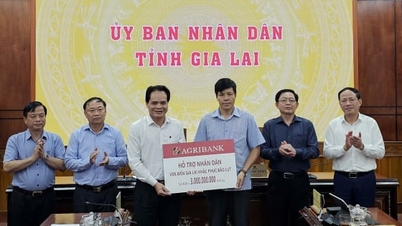











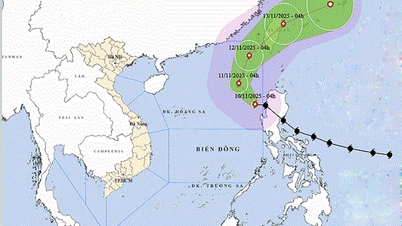








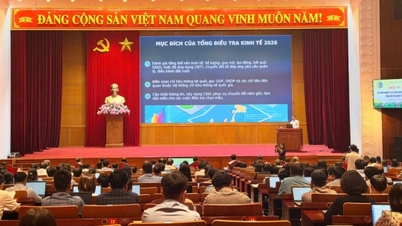




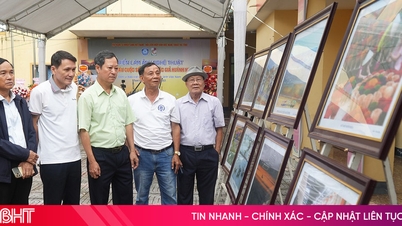

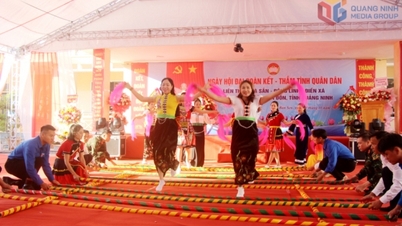

![Dong Nai OCOP transition: [Article 3] Linking tourism with OCOP product consumption](https://vphoto.vietnam.vn/thumb/402x226/vietnam/resource/IMAGE/2025/11/10/1762739199309_1324-2740-7_n-162543_981.jpeg)













Comment (0)